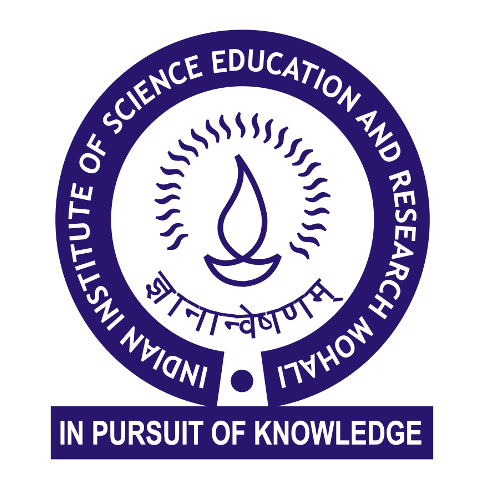Events Calendar
What are NetZero targets of 2070? What is the role of renewables and CCUS in achieving these targets?
Monday 07 October 2024, 05:00pm - 06:00pm
Prof. Rajnish Kumar, Department of Chemical Engineering, IIT Madras
Location : LH-6
Abstract:
Global CO2 emission has touched ~40 billion tons of carbon dioxide per year, and despite all the talk about net zero CO2 emission, the rate of CO2 emission is expected to stay at the current level for a few more years. While the role of solar, wind, hydro/waves, hydrogen, etc. (perhaps nuclear as well) is acknowledged, current energy needs and proposed GDP growth of developing countries could not be achieved without ensuring the implementation of CCUS. CCUS is essentially a three-step process: i) Capturing or separating the CO2 from its associated gases, ii) Transporting the captured, relatively purer CO2 (from step-i) to the utilization site where part of the CO2 could be processed for its utilization, and iii) Majority of the CO2 which could not be converted (in step-ii) has to be transported and sequestered for geological timescale. Thus, the amount of CO2 utilized or sequestrated is directly proportional to the amount of CO2 captured. CO2 capture technology has to become robust and sustainable with time. This presentation will briefly explain the challenges in the adaptation of this technology at a larger scale.
Bio: Rajnish Kumar, FRSC, is a professor in the Department of Chemical Engineering at IIT Madras. Prior to that, he served as a senior scientist at CSIR-NCL and a research associate at the National Research Council, Canada. His PhD is from The University of British Columbia, Canada. He has research interests in gas hydrates, carbon dioxide capture & sequestration, process development and scale-up. Rajnish received the Shanti Swarup Bhatnagar Prize 2023 for his contribution to engineering sciences. Rajnish is also a recipient of the NASI – Scopus Young Scientist Award in Chemistry for the year 2016. More recently in 2020, Rajnish received the Dr. YBG Verma Award for Excellence in Chemical Engineering Teaching at IIT Madras. Rajnish is one of the editors or on the editorial boards of a few journals, including Environmental Science & Technology Letters, Energy & Fuels, ACS Engineering Au, & Scientific Reports.
Tea/snacks: 04:45pm
Bio: Rajnish Kumar, FRSC, is a professor in the Department of Chemical Engineering at IIT Madras. Prior to that, he served as a senior scientist at CSIR-NCL and a research associate at the National Research Council, Canada. His PhD is from The University of British Columbia, Canada. He has research interests in gas hydrates, carbon dioxide capture & sequestration, process development and scale-up. Rajnish received the Shanti Swarup Bhatnagar Prize 2023 for his contribution to engineering sciences. Rajnish is also a recipient of the NASI – Scopus Young Scientist Award in Chemistry for the year 2016. More recently in 2020, Rajnish received the Dr. YBG Verma Award for Excellence in Chemical Engineering Teaching at IIT Madras. Rajnish is one of the editors or on the editorial boards of a few journals, including Environmental Science & Technology Letters, Energy & Fuels, ACS Engineering Au, & Scientific Reports.
Tea/snacks: 04:45pm
website policy
Connect with us
IISER Mohali, Knowledge city, Sector 81, SAS Nagar, Manauli PO 140306
Telefax : 2240266, 2240124
-
+91 - 172 - 2240266
- +91 - 172 - 2240266


